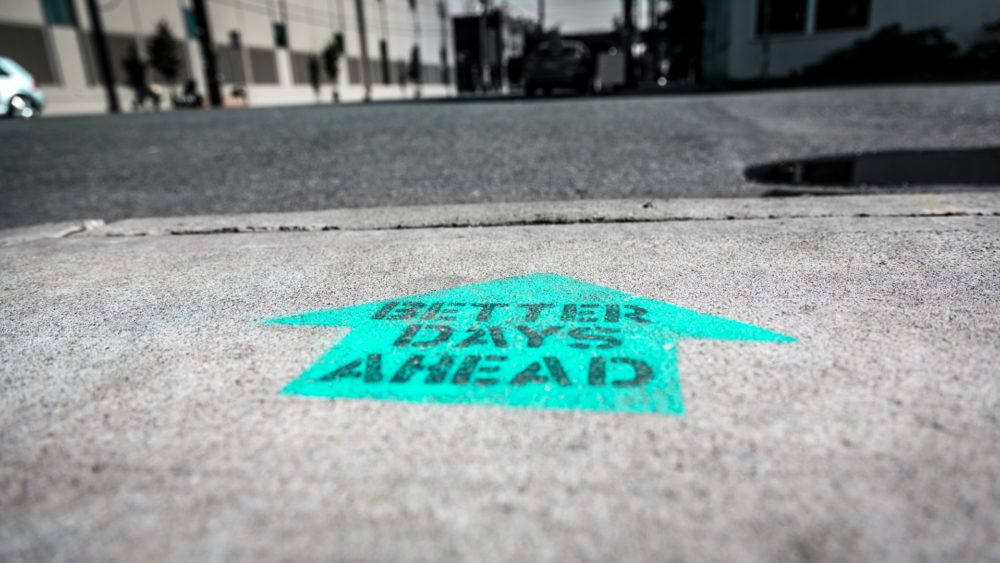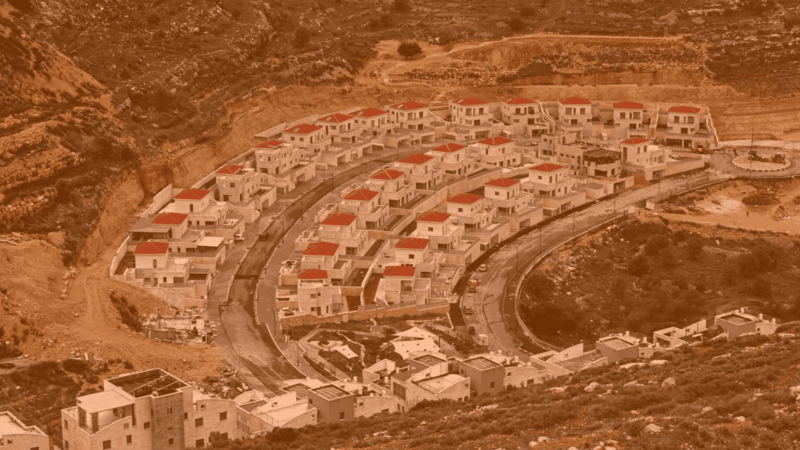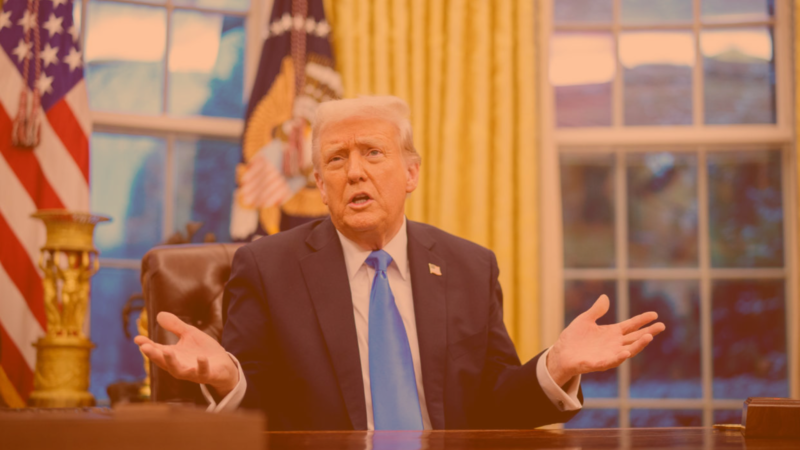The COVID-19 pandemic generated uncanny circumstances being experienced worldwide, after all the tragic consequences of wars in the 20th century. The everyday environment is far from the common social-economic order. People of all classes are trying to cope with physical restraint, spiritual loneliness, global uncertainty, and anxiety about the future.
The Post-Truth regime we’ve been witnessing for over a decade, combined with the pandemic, has further complicated our realisation, perception, awareness and knowledge. Political and economic activity is being structured according to a new impasse.
What does this naked and absolute truth we experience mean for the future? This is the most asked question today in the global arts and culture scene: the most omnipresent and operational human action versus economics and politics.
Post-truth is understood as the modification of the meaning of truth, a system which aims to capture political and economic power. The current concerns about global economy, politics and culture that are under the unavoidable hegemony of post-truth, are forcing us to re-think the relevance of truth – which is the main concept and goal of contemporary art – and the relevance of today’s Relational Aesthetics productions.
Artists, art critics, academicians and experts working in this field are facing a new challenge to communicate with the pandemic-stricken public through contemporary art. The main setback in this field is the difference in political- social-economic orders, despite the growing controlling power of capitalism.
The truth is that there are countries and regions which respect democracy, justice, human rights etc., and there are countries that are far removed from these indisputable values. To my regret, I speak from a country [Turkey] with a damaged democracy that embraces post-truth. As Jürgen Habermas put it: “A ‘post-truth democracy’ […] would no longer be a democracy.” *
In non-democratic systems, there are a series of adverse issues that relate to the relevance of contemporary art and culture productions, as well as activities of artists towards their audiences. Mass media collaborates with ruling powers which offer limited democracy, all the while convincing people that they actually live in a democracy. The culture and art industry, with its populist, financially dependent systems and inevitable PR backing, promises an almost selfless service to the society of the spectacle, which simply produces illusions. Skeptical or dissident artists are confronted with this ongoing complexity.
In 2016, in Berlin, during my participation in ‘Soul for Europe’, I had the opportunity to justify the ongoing power of contemporary art and culture production in countries with limited democracy. I claimed that contemporary artists, art experts, artistic and cultural activities in Turkey (and in similar countries in the region), private institutions or individual initiatives, are effective in fulfilling cultural aims and intentions, such as:
- a clear and unbiased vision towards democratic transformation
- freedom of expression and communication
- respect for pluralism, human and gender rights
- responsibility on ecological problems
- development of public awareness
Visual artists with their aesthetically qualified, conceptually competent artworks, are widely and strongly enriching visual productions, and women artists are at the forefront of this. But, how artists profit from their productions, or rather how they survive, remains a crucial question.
Most artists work at universities, graphic design companies or public art studios. A small number of artists are supported by their families or other private income. Private galleries occasionally employ curators. However, museums or private art and culture venues, are not enough to meet artists’ employment demands, not to mention that these often prefer to run their institutions with low-wage policies.
Under the current political and economic conditions in Turkey and in the region, it may be difficult to continue to strengthen socio-cultural and artistic endeavours. Artists are today looking for opportunities to live and work abroad in the EU, but this too has become almost impossible under pandemic conditions. Fortunately artists and art professionals can see, categorise and mark the apparatuses that serve post-truth regimes.
These adverse apparatuses show the affluent life of the privileged classes as the only goal of life, with productions used as “a must” towards this goal. These institutions intervene into the organic communication between creative people and the public with the intention of converting every piece of this communication into money. They canalise existing art forms and their critical information through alien systems, and load them with contents that don’t belong to them. They convert the quality of artworks, which aim to reach very large audiences, into profit.
Here, we need a new approach to the global art market; to underline the border between the socio-political-cultural value and the market value of artwork. This is more essential in non-democratic countries where only decorative creations can be exhibited and marketed. In the post-truth pandemic order we live in, especially in the countries where democracy is damaged, Relational Aesthetics products, which make critical and oppositional visual productions between the truth regime and the Post-truth regime, are seen in opposition to traditional identity, nationalism, religion and Neo-capitalist mass-culture.
If we consider that Relational Aesthetic artworks have a function within the visual aggression of Post-truth, it is evidently the enigmatic visual language that penetrates into the subconscious of society and provokes awareness. However, in many countries these productions are abused by censorship and vandalism. But these attacks are not preventing the continuity of art production. The curators who stand by artists and their works inevitably take a political stand and provide opportunities for this continuity.
In such hostile political environments, a counter-position is created by empowering art and culture workforces through the founding of NGOs, as well as art and culture initiatives at the global level. Global artist and art-experts residency programs, and artistic and cultural projects funded by public and private initiatives, are the main strongholds of sustainability.
Since 1990, exhibitions, symposiums and workshops organised in Turkey, the Balkans, the Middle-East and South Caucasus in collaboration with EU institutions, significantly reflected the will and vision of collaboration in arts and culture. Throughout the 1990’s EU culture policy applications didn’t only provide opportunities for artists and curators seeking new audiences and markets, but also supported cultural ventures in non-democratic or semi-democratic countries.
However most of these countries are still exposed to political and economic transformations and blockages. This means that the art and culture workforce is still seeking new allies and partners to tackle and overcome the grandeur of the task. The EU’s distribution of knowledge and funds for multicultural exhibitions into region or city-based locations also played a role in reducing the authority of modernist state-controlled art and culture structures based on local, national or 20th century Eurocentric proclamations.
Turkey’s art and culture developments since the 1980’s is an example of this significant role. The intense art exchange within the region, where Istanbul is the center of early accomplishments in art and culture, consists of multilateral exhibitions, roundtable or symposium meetings and artist residencies.
Currently two directions influence art and culture policies in Turkey: One of them is the prevailing official culture policy trapped into Modernist ideology, mixed with nostalgia to an illusory İslamic art and culture. The other is in correlation with private sector investments, the irrepressible dynamism of contemporary art-making and cultural activities through international exchange, communication and market relations.
I think that the EU made efforts to fulfil its function of preserving cultural diversity, while at the same time providing equality in the systems of communication and exchange. However, there is a big problem in this function. The EU’s policy of updating art and culture policies in countries experiencing political and economic turmoil has fissures that need to be revised.
For instance, the mainstream international art and culture industry has very strong links with private international enterprises. It comprises a huge and complex network of artists, galleries, media, curators, collectors, private and official institutions. It is therefore an impenetrable entity that has its own rules and concepts and does not like to be manipulated by any other power. It has its own power and all the actors of the system enjoy this power.
The other system includes official institutions, museums, universities and state/nation political policies. The interests of this system are founded in nation-state ideologies, which is another unit one cannot easily penetrate into. Another issue are the dynamics of art itself. Artists are independent, free, and want to do whatever they believe in.
If there is a next future, the EU art and culture policy should consider its interest in democracies in bordering territories, and support the dissident art and culture producers living in autocracies.
Beral Madra is an art historian, critic, curator and elected member of DiEM25’s Coordinating Collective.
Photo by Ian Taylor on Unsplash
Do you want to be informed of DiEM25's actions? Sign up here















